Plastic trays are very important in domestic and commercial use for storing food products and keeping them clean from contamination. Each tray is different, so its manufacturing process depends on its size, shape, and purpose. Plastic trays are also valuable for transporting materials from one place to another because they are light and easy to stack. Read More…
Valk’s policy is “to meet or exceed our customer’s requirements, working together as a team with honesty and integrity.” Valk’s success is due to their long standing focus on quality & customer service.
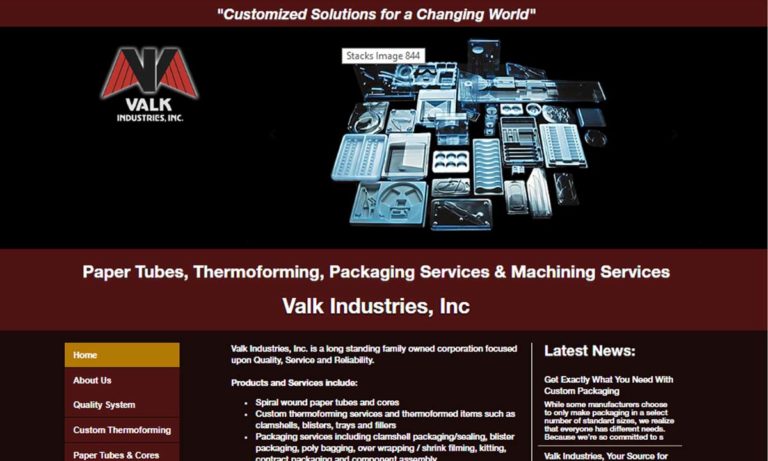
Since 1960, Profile Plastics Inc. has been at the forefront of thermoforming technology. Utilizing the latest software and technology, our expert staff of engineers can design custom vacuum, pressure, and twin-sheet thermoformed solutions. Over the last 60 years, we have developed a process that allows us to deliver consistent, high volume, and precise products with superior quality. Our high...
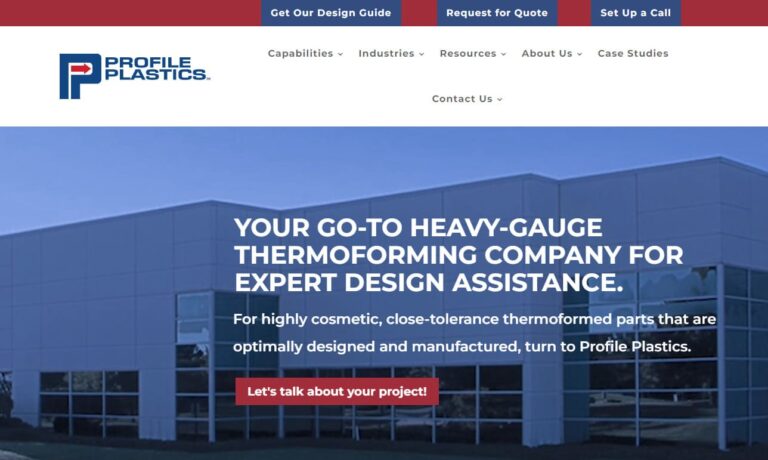
Quality Plastics & Machine has been a leading manufacturer of vacuum forming since 1976. Whether you need a small batch of custom vacuum-formed parts or a large-scale production run, we have the capabilities and expertise to deliver. We are committed to providing our customers with exceptional vacuum-formed products and services that meet their needs and exceed their expectations. Contact us...
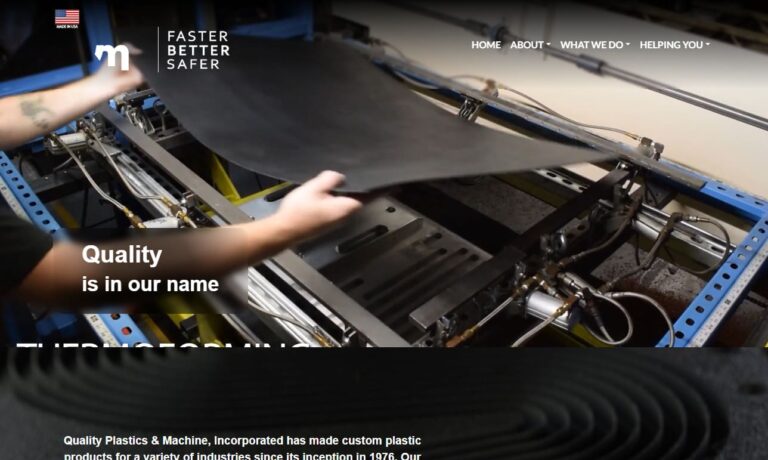
At Arrowhead Plastic Engineering, Inc., we’ve been delivering high-quality vacuum forming solutions since 1972. From concept to production, Arrowhead is with you every step of the way. We can use your 3D CAD model to CNC cut your pattern in house or we can hand sculpt your pattern if a 3D CAD model isn’t available.

Engineered Plastic Products custom forms & fabricates sheet thermoplastic materials, standard & specialized, for any number of industrial & commercial requirements. EPP has been widely recognized for outstanding manufacturing & service since 1958 for companies such as GE, NASA & AT&T. Custom fabricated parts can be as large as 72"x108" down to 2"x2" in any thickness up to 1 1/2". Post-forming...
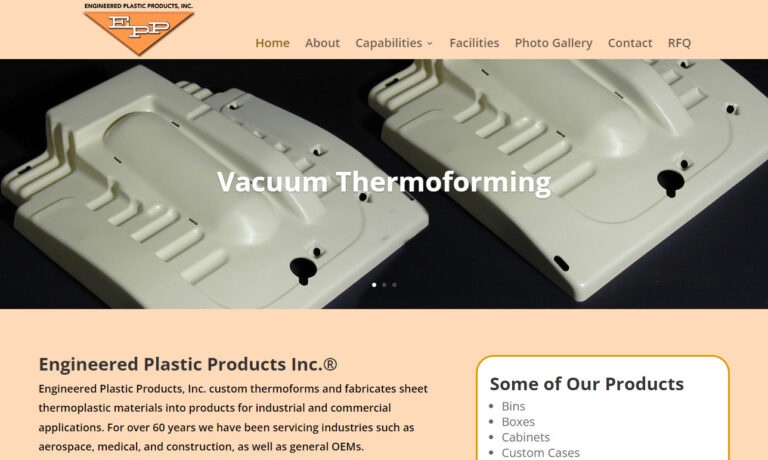
Brisar Delvco Industries, Inc., specializes in delivering high-quality Thermo & Vacuum forming solutions tailored to meet the unique needs of our clients across a broad spectrum of industries. ISO9001, ISO13485, FDA Registered for Food, Medical Devices & OTC products. In house CNC tooling for quick prototype design, production tools and Thermoformed parts.

At Duo Form, we are pioneers in the realm of vacuum-formed plastic products. With a collective passion for precision engineering and creative problem-solving, we've established ourselves as leaders in delivering high-quality solutions to a wide range of industries.
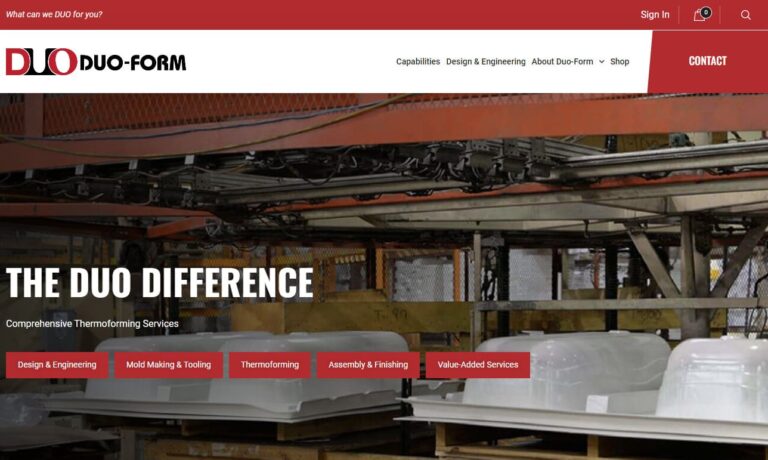
At Hi-Rel Plastics & Molding, we specialize in precision vacuum forming and thermoforming solutions tailored to meet the unique demands of a wide range of industries. With decades of hands-on experience, we’ve refined our process to deliver high-quality, custom-formed plastic components that meet exacting tolerances and performance standards.

Robinson Industries offers thermoformed and injection molded reusable, heavy duty plastic pallets, packaging and more. We are one of the largest suppliers of reusable pallets to many industries.
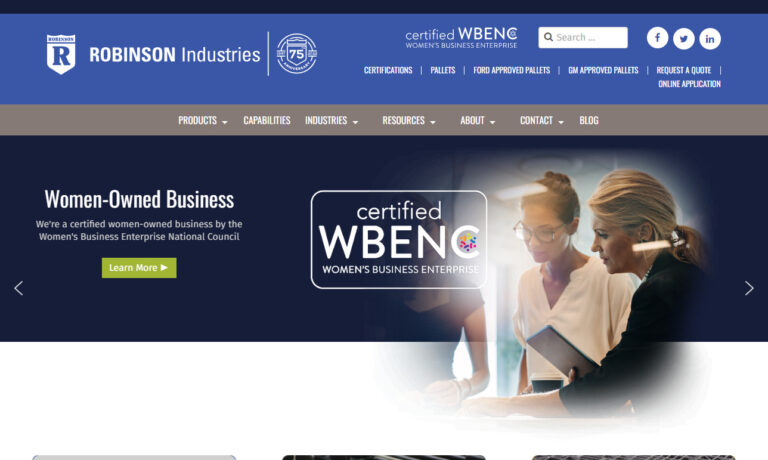
More Plastic Tray Companies
Ultimate Guide to Plastic Trays: Materials, Manufacturing, Applications & Sourcing
Plastic trays play a crucial role in both domestic and commercial environments. They provide safe, reliable storage solutions for food products, minimize contamination risk, and streamline organization across numerous industries. Available in a wide range of sizes, shapes, and configurations, plastic trays are engineered to meet the unique requirements of diverse applications—from food service and hospitality to medical packaging, electronics assembly, and industrial manufacturing.
Are you searching for the best plastic tray for your specific use case? Want to learn more about the materials, manufacturing processes, and leading suppliers? Explore this comprehensive resource to get answers to your questions and make informed purchasing decisions.
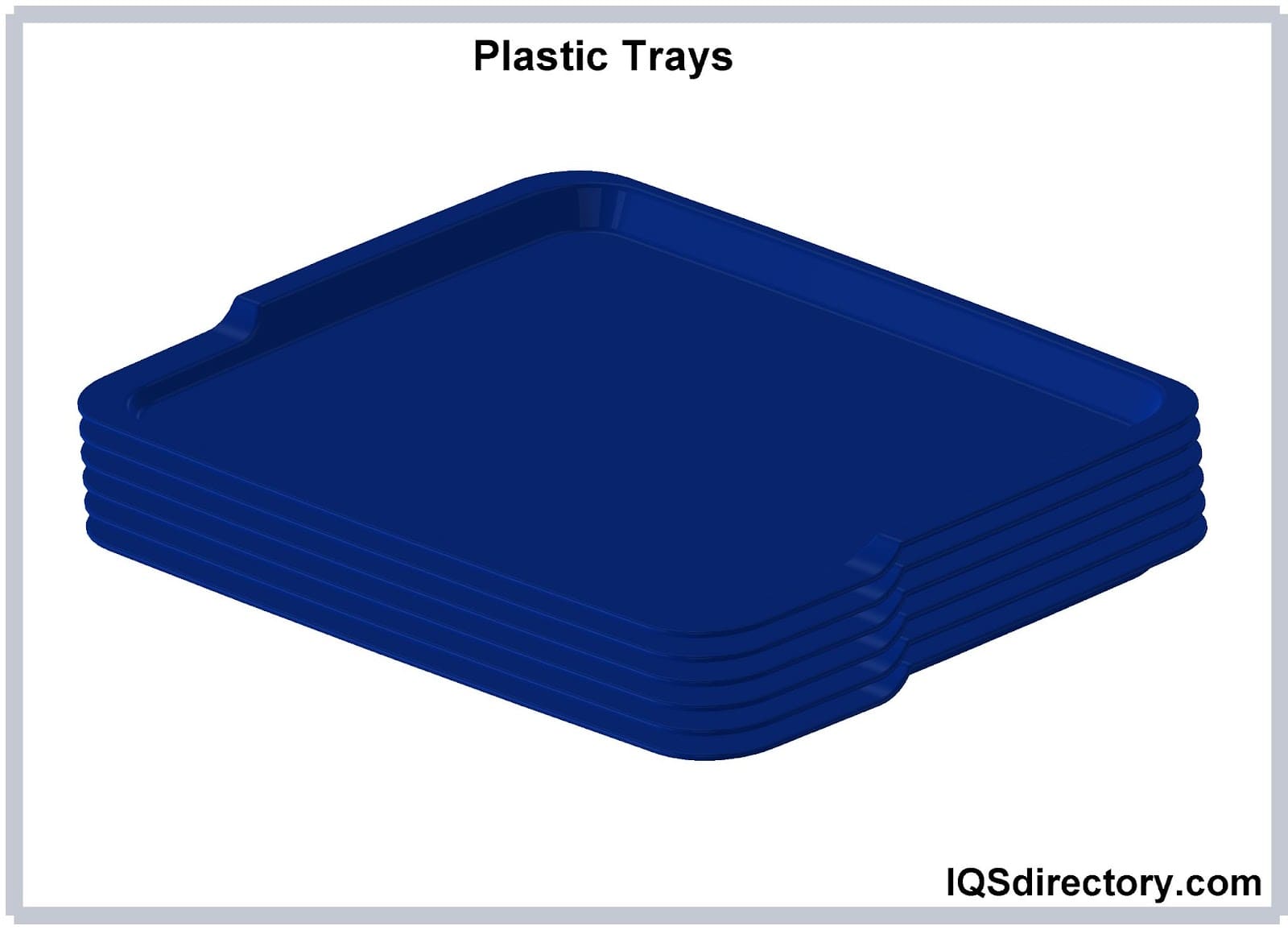
Plastic Materials Used for Plastic Trays
When selecting plastic trays, the choice of material is critical. Each type of plastic offers unique advantages in terms of durability, temperature resistance, safety, and cost. Understanding the properties of each material can help you select the right tray for food service, laboratory use, electronics packaging, and more. Below are the five most common plastics used in tray manufacturing, each with distinct strengths for specific applications:
Acrylonitrile Butadiene Styrene (ABS)
- High resistance to stains, scratches, and breakage—ideal for high-traffic environments and repeated use.
- Temperature range: 0 °F to 180 °F (-17.8 °C to 82.2 °C), making ABS suitable for cold and warm food service but not for oven use.
- Dishwasher safe for easy cleaning and maintenance; however, not microwave-safe.
- ABS trays are cost-effective and widely used in restaurants, cafeterias, and institutional settings due to their long lifespan and resilience.
- Commonly found in cafeteria trays, reusable food trays, and organizational bins.
Melamine
- One of the oldest materials for plastic tray production, known for its classic appearance and strength.
- Excellent durability and stain resistance, making it a popular choice for foodservice trays and display platters.
- Temperature tolerance: 0 °F to 212 °F (-17.7 °C to 100 °C); dishwasher safe but not suitable for microwave use.
- Often used in restaurant serving trays, catering displays, and institutional meal trays where appearance and break resistance are priorities.
Polycarbonate
- High breakage resistance with moderate stain and low scratch resistance; popular in high-impact environments.
- Safe for both dishwashers and microwaves, increasing flexibility in kitchen and laboratory settings.
- Temperature range: 40 °F to 212 °F (4.4 °C to 100 °C), suitable for freezer storage and hot food applications.
- Frequently used in food display trays, medical packaging trays, and electronics handling due to its clarity and toughness.
- Offers a broader range of uses than melamine and ABS, making it a versatile solution for demanding environments.
Polypropylene (PP)
- Long-standing, trusted material offering a balance of cost efficiency and functional performance.
- Moderate breakage and scratch resistance with high stain resistance—great for food, lab, and industrial applications.
- Temperature tolerance: 32 °F up to 180 °F (0 °C to 82.2 °C).
- Microwave and dishwasher safe, making it a practical choice for meal prep, food storage, and food service.
- Common in disposable food trays, reusable kitchen trays, and packaging inserts.

Co-polymer
- High resistance to stains, breakage, and scratches—ideal for heavy-duty, high-traffic environments.
- Microwaveable and dishwasher safe, streamlining food prep and cleaning processes.
- Temperature tolerance: 40°F to 212°F (4.4 °C to 100 °C).
- Often selected for industrial trays, medical device packaging, and custom component handling in manufacturing facilities.
How Are Plastic Trays Manufactured?
The production of plastic trays is a carefully engineered process that ensures each tray meets strict standards for quality, safety, and performance. Manufacturing begins with raw plastic pellets, which are heated and formed into trays using specialized methods. The most common plastic tray manufacturing processes are:
Injection Molding
- Best for high-volume, precision tray production.
- Uses thermosetting polymers and thermoplastics, such as polypropylene, polycarbonate, and ABS.
- Plastic pellets are melted and injected into custom molds (usually made from aluminum or steel).
- Enables consistent, complex shapes—ideal for compartment trays, stackable storage trays, and medical instrument trays.
- Flat, spacious, and supple trays can be produced efficiently with low waste.
- Looking for custom plastic tray manufacturing? Injection molding is often the go-to choice for intricate or branded designs.
Extrusion Blow Molding
- Suited for large, hollow, or deep trays that require durability and temperature resistance.
- Plastic is melted and forced into a hollow tube (parison), which is then placed in a cooled metal mold.
- Air is blown into the mold, forcing the material to conform to its shape as it cools.
- Produces rigid, robust trays that can withstand both high and low temperatures.
- Quick and efficient for mass production, but can be costlier than other methods for small runs.
- Typically used for large industrial trays, shipping trays, and automotive parts trays.
Vacuum Forming
- One of the oldest and most versatile tray manufacturing methods.
- Involves heating a plastic sheet until pliable, then draping it over a tray-shaped mold.
- A vacuum removes air, pulling the plastic tightly over the mold for even shaping.
- After cooling, the tray is released from the mold and trimmed to specification.
- Best for custom trays, short production runs, and rapid prototyping.
- Affordable setup costs compared to injection molding, but may result in slight thickness variations.
- Frequently used for packaging trays, blister trays, seedling trays, and electronics packaging.

Key Uses and Applications of Plastic Trays
Plastic trays are indispensable across countless industries thanks to their durability, hygienic surface, and cost-effectiveness. Wondering how plastic trays can help streamline your workflow or improve your product presentation? Here are the most common applications:
- Food Service & Hospitality: Used as cafeteria trays, serving trays, fast food trays, bakery display trays, and meal prep containers. Their lightweight, stackable design and resistance to stains and odors make them ideal for restaurants, hotels, and institutional kitchens.
- Retail & Packaging: Blister trays, clamshell trays, and display trays are widely used for product presentation, packaging, and point-of-sale displays. These trays protect products from damage and enhance shelf appeal.
- Medical & Laboratory: Plastic trays are critical in sterile medical packaging, surgical instrument trays, dental trays, and specimen transport trays. Their ability to be sterilized and their chemical resistance are vital in healthcare settings.
- Electronics: Used for component handling trays, anti-static trays, and ESD (electrostatic discharge) safe trays to organize and protect sensitive electronic parts during manufacturing, shipping, and assembly.
- Automotive & Industrial: Parts trays, tool organization trays, and material handling trays facilitate efficient workflow in manufacturing plants, warehouses, and workshops.
- Agriculture & Horticulture: Seedling trays, propagation trays, and greenhouse trays support efficient plant growth and nursery management.
- Education & Office: Classroom sorting trays, art supply trays, and document organizers help keep spaces tidy and materials accessible.
- Home Organization: Drawer organizers, cutlery trays, and craft supply trays enhance storage efficiency in kitchens, garages, and hobby rooms.
Looking for industry-specific plastic trays? Contact a supplier or browse our directory to find trays tailored to your sector’s requirements.

Benefits of Plastic Trays Over Alternative Materials
Why choose plastic trays instead of metal, glass, or paper-based alternatives? Consider these advantages:
- Lightweight & Easy to Handle: Reduces strain during transport and service.
- Durable & Impact-Resistant: Withstands drops, spills, and heavy loads without cracking or breaking.
- Cost-Effective: Lower initial and replacement costs compared to metal or glass trays.
- Customizable: Available in a vast array of shapes, sizes, colors, and configurations for branding or unique requirements.
- Hygienic & Easy to Clean: Non-porous surfaces resist stains, odors, and bacterial growth.
- Stackable & Space-Saving: Designed for efficient storage and transport logistics.
- Reusable and/or Recyclable: Many plastic trays are reusable for multiple cycles, and certain materials can be recycled to reduce environmental impact.
Still unsure if plastic trays are the right choice? Read more about the pros and cons of various tray materials or compare use cases to make an informed decision.
Factors to Consider When Choosing Plastic Trays
- Intended Use: Will the trays be used for food service, packaging, medical applications, or industrial part handling?
- Material Type: Does your application require high temperature resistance, chemical resistance, or impact durability?
- Size & Shape: What are the required dimensions and compartment configurations?
- Regulatory Compliance: Are there FDA, NSF, or other certifications required for your industry?
- Color & Branding: Do you need color coding for sorting or custom printing for branding?
- Stackability & Storage Efficiency: Will you need to stack trays during storage or transit?
- Quantity & Budget: Are you looking for bulk purchasing, custom orders, or off-the-shelf solutions?
- Sustainability: Do you need recyclable, biodegradable, or reusable tray options?
Need help narrowing your options? Ask yourself: “What is the primary function of my plastic tray?” and “Are there industry regulations I must meet?”
Plastic Tray Customization: Sizes, Shapes, and Branding
Many suppliers offer custom plastic tray manufacturing to address unique requirements. Customization options include:
- Custom shapes and compartment layouts for specialized tools, kits, or packaging.
- Color matching and branding options (company logos, product names, or SKU numbers).
- Surface texture choices for grip or display enhancement.
- Material selection for specific regulatory or performance needs.
- Anti-static and ESD-safe coatings for electronics and medical device trays.
Curious about whether you need a stock tray or a fully custom solution? Explore our guide on custom vs. standard plastic trays or request a custom quote from a supplier.
Top Questions When Researching and Buying Plastic Trays
- What type of plastic is best for my application?
- Are these trays food-safe or medical-grade?
- Can I order custom sizes, colors, or branding?
- Is bulk pricing available for large orders?
- What is the estimated lead time for production and delivery?
- Are the trays reusable, recyclable, or biodegradable?
- Can I get samples to evaluate fit and quality?
- Does the supplier provide design assistance or prototyping?
- What certifications or regulatory compliance do the trays meet?
Looking for answers? Contact leading plastic tray suppliers or explore our in-depth FAQ section.
Choosing the Right Plastic Tray Supplier
Finding a reliable plastic tray manufacturer or distributor is crucial for ensuring quality, timely delivery, and competitive pricing. To make sure you obtain the most beneficial outcome when purchasing plastic trays from a plastic tray supplier, it is important to compare several companies using our directory of plastic tray suppliers. Each supplier has a business profile page highlighting their areas of experience and capabilities, as well as a contact form to directly communicate with the supplier for more information or request a quote. Review each plastic tray business website using our proprietary website previewer to get an understanding of what each company specializes in. Then, use our simple RFQ form to contact multiple plastic tray businesses with the same form.
Consider these additional steps to choose the best plastic tray partner:
- Verify certifications and quality standards (ISO, FDA, NSF, etc.) relevant to your industry.
- Review case studies and client testimonials to evaluate supplier reliability and experience.
- Request product samples to assess tray quality, fit, and finish.
- Ask about customization capabilities and minimum order quantities.
- Check for after-sales support and warranty policies.
- Compare pricing, lead times, and shipping options to ensure your needs are met.
Ready to compare suppliers? Use our directory to request a quote or schedule a consultation with trusted plastic tray manufacturers and distributors.
Frequently Asked Questions About Plastic Trays
- Are plastic trays safe for food contact? Yes, trays manufactured with FDA- or NSF-approved plastics (like polypropylene, polycarbonate, and some ABS blends) are food-safe. Always confirm with your supplier regarding compliance certifications.
- Can plastic trays be recycled? Many trays made from polypropylene (PP), polycarbonate (PC), and some ABS blends are recyclable, depending on local recycling programs. Ask your supplier about eco-friendly and recyclable options.
- How do I clean and maintain plastic trays? Most plastic trays are dishwasher safe and can be cleaned with standard detergents. Avoid abrasive scrubbing to extend surface life, especially for trays with printed graphics or textured finishes.
- What are the lead times for custom plastic trays? Depending on the complexity of the order, lead times can range from a few days for stock items to several weeks for fully custom runs. Consult your supplier for accurate timelines.
- Are there biodegradable or compostable plastic tray options? Some suppliers offer biodegradable or compostable trays made from plant-based plastics (PLA, CPLA) or recycled content. Inquire about sustainable alternatives if environmental impact is a concern.
Take the Next Step
Whether you’re sourcing bulk plastic trays for commercial foodservice, custom trays for industrial packaging, or specialty trays for laboratory or healthcare use, our comprehensive directory connects you with top-rated suppliers and manufacturers. Request a quote, compare materials, or schedule a consultation to find the right solution for your needs.
Still have questions about plastic trays, materials, or applications? Contact us or explore our resources for expert guidance and the latest industry insights.



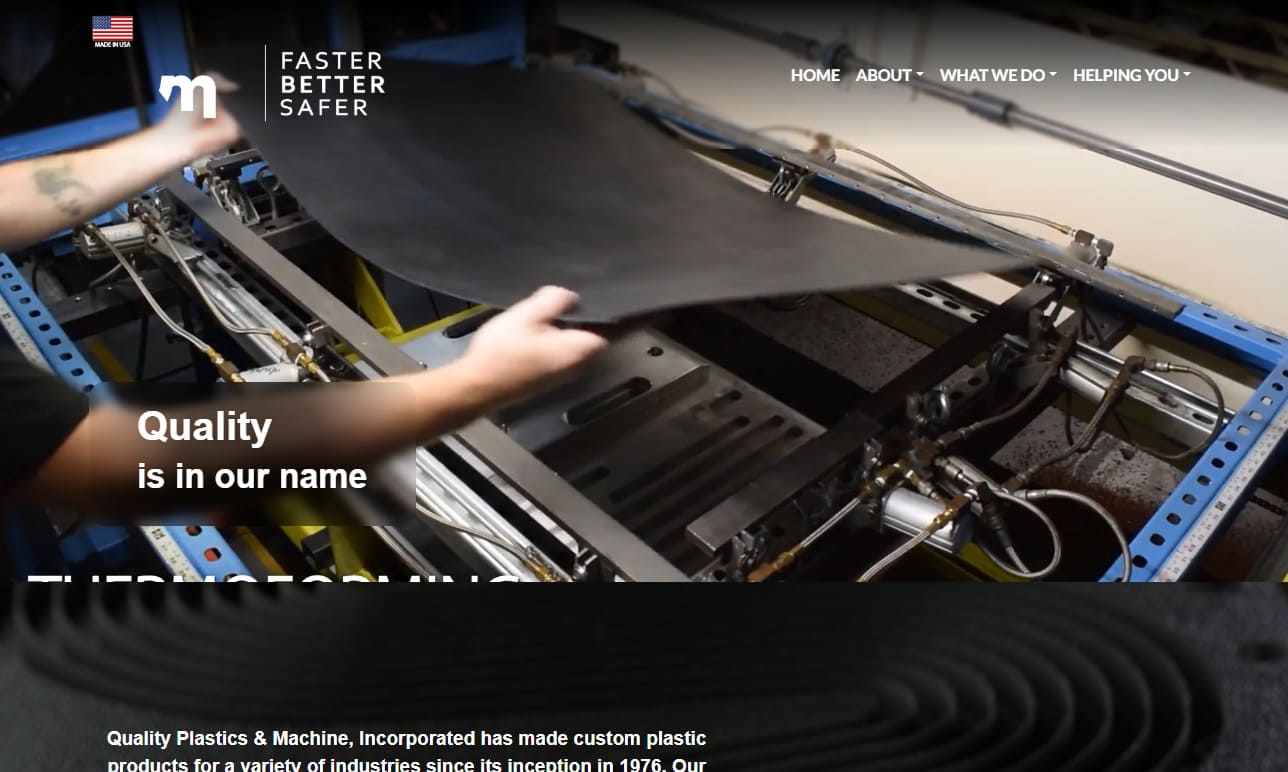

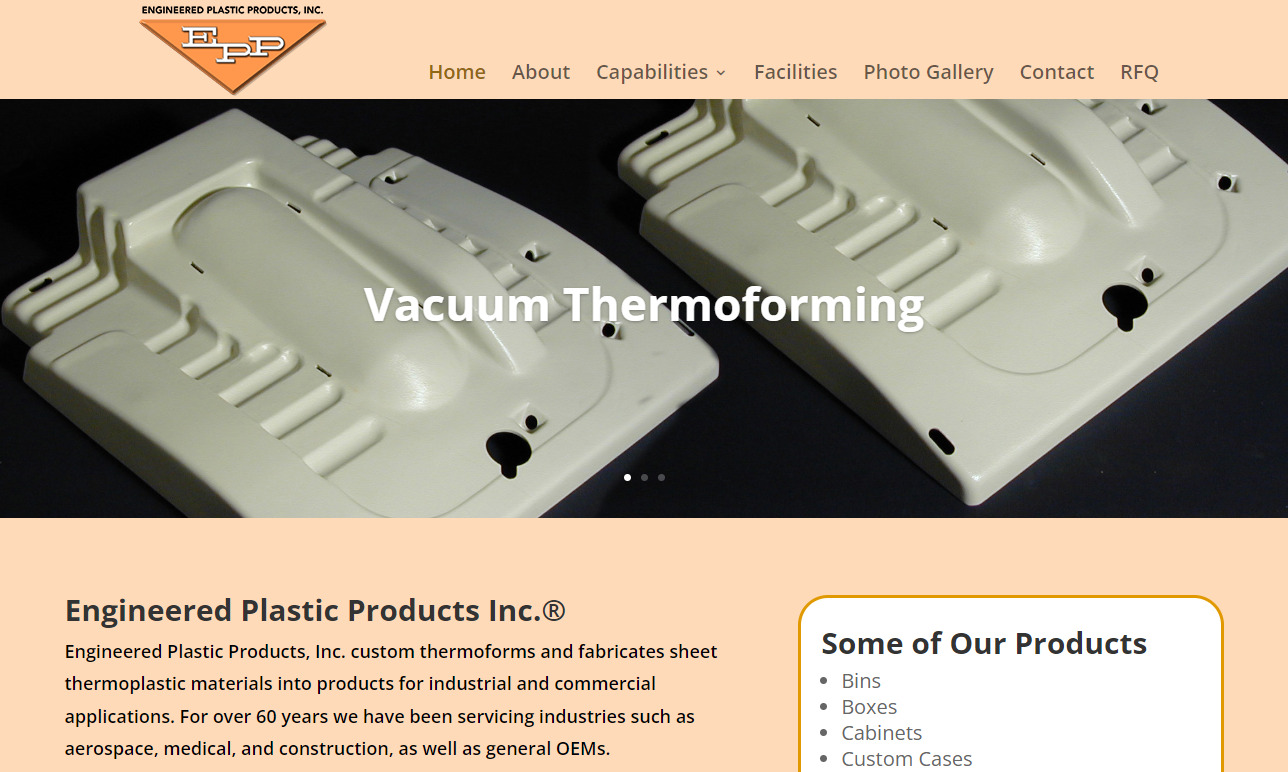




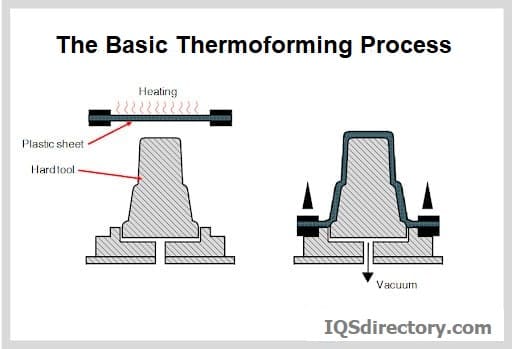
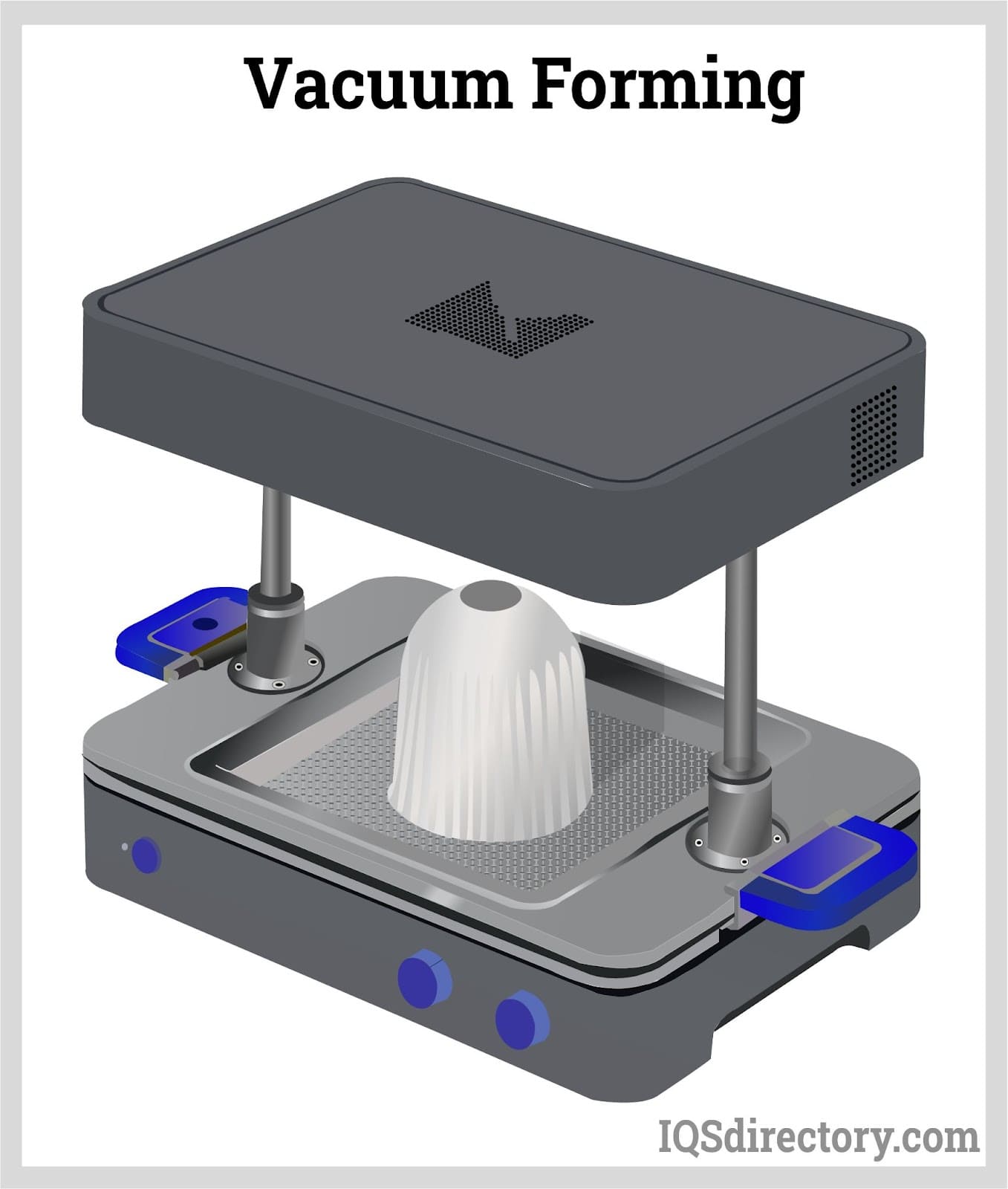
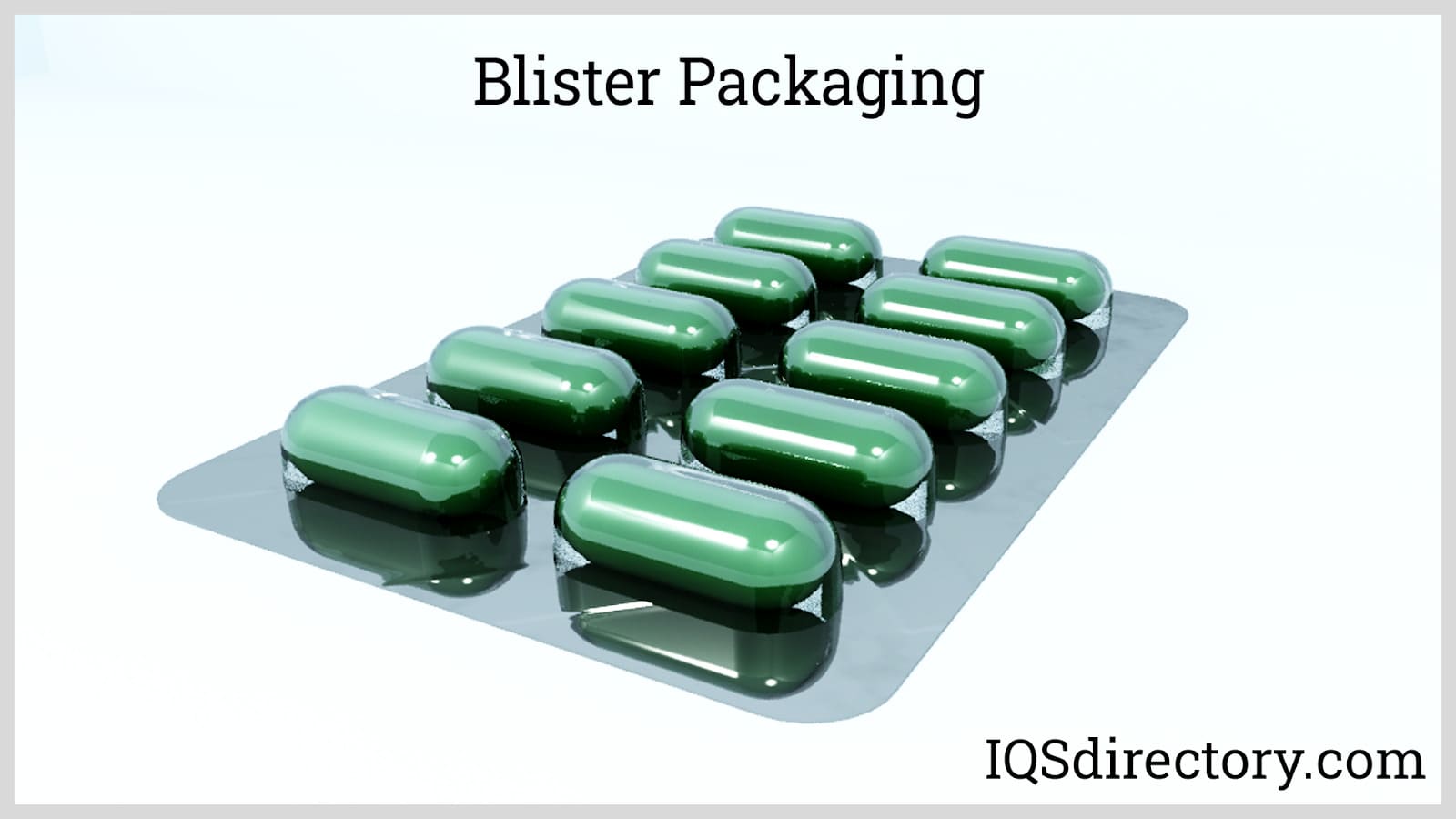
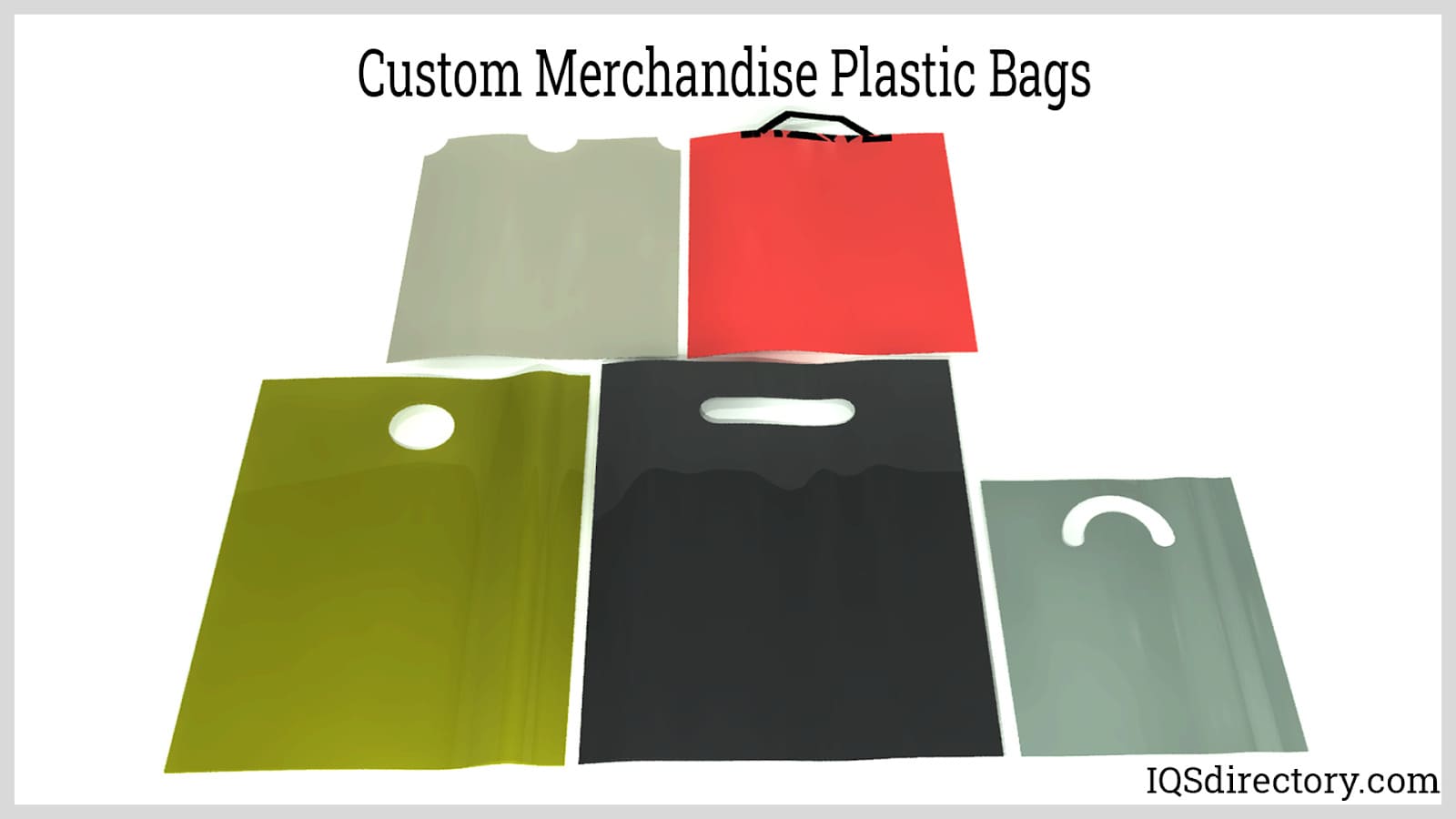

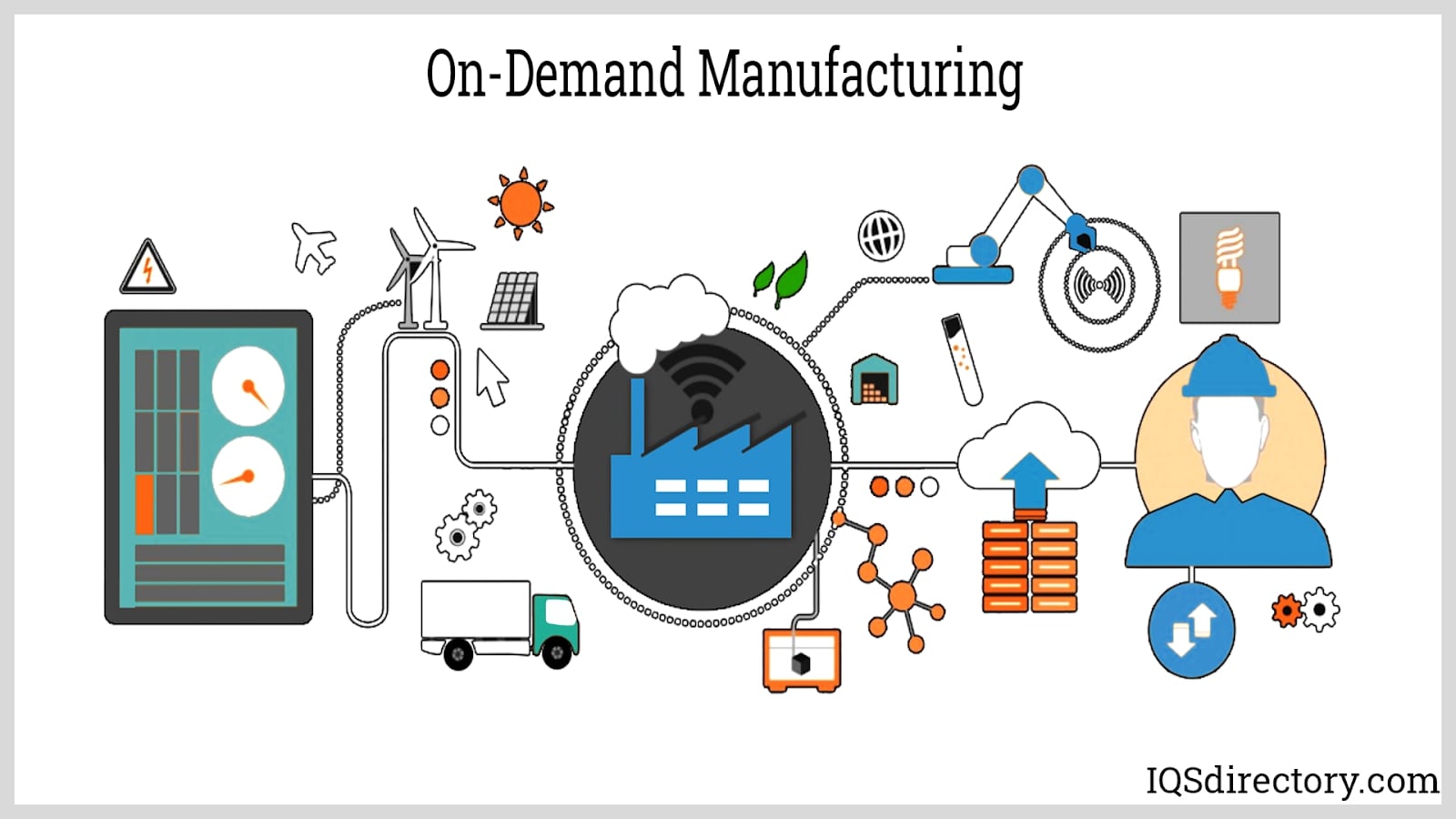
 Fiberglass Fabricators
Fiberglass Fabricators Injection Molded Plastics
Injection Molded Plastics Plastic Blow Molding
Plastic Blow Molding Plastic Dip Molding
Plastic Dip Molding Plastic Extrusions
Plastic Extrusions Plastic Tubing
Plastic Tubing Polyurethane Molding
Polyurethane Molding Rotational Molding
Rotational Molding Vacuum Forming
Vacuum Forming Castings & Forgings
Castings & Forgings Bulk Material Handling
Bulk Material Handling Electrical & Electronic Components
Electrical & Electronic Components Flow Instrumentation
Flow Instrumentation Hardware
Hardware Material Handling Equipment
Material Handling Equipment Metal Cutting Services
Metal Cutting Services Metal Forming Services
Metal Forming Services Metal Suppliers
Metal Suppliers Motion Control Products
Motion Control Products Plant & Facility Equipment
Plant & Facility Equipment Plant & Facility Supplies
Plant & Facility Supplies Plastic Molding Processes
Plastic Molding Processes Pumps & Valves
Pumps & Valves Recycling Equipment
Recycling Equipment Rubber Products & Services
Rubber Products & Services